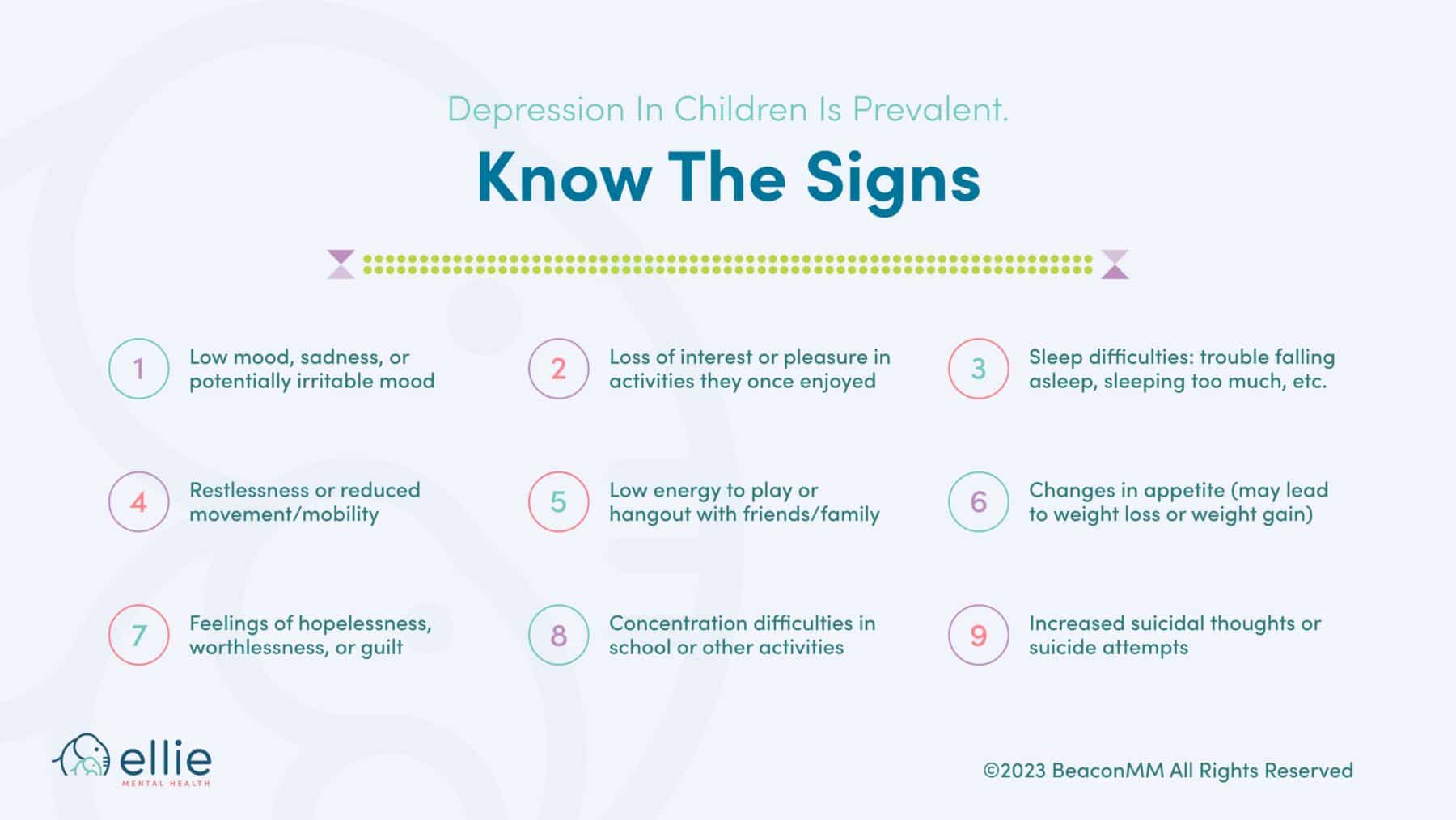Contributor: Corrine Webb-Kay, MD, MSc – Child & Adolescent Psychiatrist
Times have been hard, and they don’t seem to be getting any easier. It’s one thing to be an adult sifting through the dumpster fire the world is in, but when the brain trawling the calamities on the newsfeed and internalizing the chaos society throws into our faces on a seemingly unending basis is still developing, events hold more sway. Our perception cannot escape the curse of the contemporary, and young people often have nothing to fall back on—what they see is all there is. It would be folly to deny that experience, dangerous even. So, it was perhaps unsurprising when the American Academy of Pediatrics declared a national emergency over child and adolescent mental health in the fall of 2021.
Mental disorders were on the rise in all populations before COVID slithered through the door, but young people have been particularly affected by pandemic-induced anxiety and depression. A recent study from the CDC reports one in seven children (13%) 3-17 years old have a mental, behavioral, or developmental disorder. Nearly ten percent of our teenagers have anxiety, and depression rates don’t trail too far behind. It’s almost as if—shocker—the young reflect and react to the world around them.
You may have asked yourself, “Is my teenager just going through normal hormonal changes?” “Is my kiddo’s fear of groups normal?” We hope to help you to be able to discern between the general rollercoaster that is childhood and a serious mental condition.
In this guide, we will provide you with a quick overview of telltale signs, discuss some of the larger concerns parents have when it comes to treating juveniles, and talk about some of the tried-and-true solutions available to these debilitating afflictions.
Is your child dealing with anxiety or depression? Reach out to Ellie Mental Health today and get matched with a compassionate therapist.
Symptoms of Anxiety in Children
It is important to remember that anxiety is a normal emotion and an important part of our lives. Anxiety helps prepare our bodies for challenges or dangers. It is when fear becomes a barrier in your daily life and function that you should seek care from a mental health provider.
There are a number of anxiety disorders we treat at Ellie in both children and adults. These include generalized anxiety disorder, social anxiety disorder, panic disorder, separation anxiety disorder, and specific phobia, among others. Although the experience of anxiety is present in all of these, they do differ in many respects. For example, some children and teenagers experience daily worries across multiple settings in their lives. On the other hand, others experience anxiety in only specific situations such as fears of flying or trying to avoid germs.
Anxiety can look different for each person, but there are common aspects that people share. Despite the wide range of anxiety disorders, parents often notice similar symptoms or patterns of anxiety in their children. They may notice when their child is presented with a new situation, they may experience the event as more threatening and react more strongly than their peers. Perhaps the child has been coming home from school more often or has had more frequent behavioral issues.
Symptoms of Depression in Children

Similar to anxiety, sadness is a natural human emotion that we all experience at times, especially when there are stressful events in our lives. But it is important to recognize in a child when their symptoms go beyond typical sadness. This is critical, as suicide is a leading cause of death for children, adolescents, and young adults in the United States.
When children are struggling with depression, parents often notice a significant change in their typical behavior or mood state. This may cause difficulties in their daily life and functioning, such as in their relationships with family and friends, or academic performance.
Symptoms of depression to watch for include:
- Low mood, sadness, or potentially irritable mood
- Loss of interest or pleasure in activities they once enjoyed
- Sleep difficulties such as trouble falling asleep, staying asleep, or sleeping too much
- Difficulties with restlessness, or the opposite, becoming slower in one’s movements
- Low energy
- Changes in appetite (which may lead to weight loss or weight gain)
- Feelings of hopelessness, worthlessness, or intense feelings of guilt
- Concentration difficulties
- Increased suicidal thoughts or suicide attempts
Children and adolescents can experience depression in similar ways to adults, but they can differ from adults regarding the signs and symptoms they experience. For example, children may have more irritable moods rather than sadness/low mood. You may also notice changes in school or academic performance, changes in appetite, becoming highly self-critical, or that previously enjoyed activities or extracurriculars are simply no longer enjoyable for them.
Can Children be Prescribed Medication to Treat Anxiety and Depression?
Children and adolescents can and do find success by utilizing medication in addressing anxiety and depression. In children and adolescents, medication is often used in conjunction with therapy to tackle the full scope of their disorder.
First-line medications—the “go-to” medications clinicians most commonly recommend trying first–often overlap significantly with anxiety and depression. Given that anxiety and depression, when present, go hand-in-hand with each other, it makes sense that our treatment options would also overlap accordingly.
Selective serotonin reuptake inhibitors (SSRIs) and serotonin-norepinephrine reuptake inhibitors (SNRIs) provide the cornerstone of the treatment for both anxiety disorders and depression in children and adolescents. These medications work to increase the activity of specific neurotransmitters (serotonin and norepinephrine) in the brain involved in regulating our anxiety and mood. These medications were originally developed as antidepressant medications. However, clinicians quickly realized their important benefits for anxiety as well. Aside from these, there are many other medications that can be helpful with anxiety and depression as well that we as clinicians discuss with patients.
Are Anxiety or Depression Medications Safe for Children?
As clinicians, we recommend starting with the treatments and medications with the greatest evidence base, including those medications with the most safety evidence. In addition, clinicians who work with children and adolescents often use the phrase “start low and go slow.” This basically means that most of us will start with low doses of medication and go up slowly on the dose, monitoring for any side effects.
Medication needs to be balanced with the understanding that we want to alleviate the child’s symptoms of anxiety or depression as quickly and safely as possible. As such, it’s important to allow for a step-wise approach to reach the dose that optimizes the treatment of anxiety and depression with minimal medication side effects. In fact, we often have appointments together with parents and children/adolescents in order to gauge how the medication is working and if there are side effects.
There also has been much discussion and publicity around antidepressants and suicide. Measuring whether antidepressants increase the risk of suicide is difficult because individuals with depression are more likely to have suicidal thoughts and attempt suicide than those without depression. What we do know is that know that children and adolescents with depression are at an increased risk of suicide, therefore treating the underlying depression with antidepressants or therapy is an important way of decreasing the suicidal thoughts associated with depression. Here at Ellie, your clinician will work with you and your child to monitor for side effects of the antidepressant, including suicidal thoughts and behaviors.
What Options Exist Aside from Medication?
One of the aspects I love most about working at Ellie is the group of amazing therapists I work alongside who are improving the lives of children and adolescents every day! Therapy and counseling are great tools to begin treatment for anxiety and depression in children. Many individuals and families will decide to start treatment for anxiety and depression with therapy prior to starting medications. This is a great, effective approach for many children and adolescents.
If a child or adolescent is struggling with mild anxiety or depression, it may be that medications are not needed at that time.
When Should I Consider Anxiety or Depression Medication for My Child?
At the end of the day, there isn’t a one-size-fits-all answer to this question. However, there are guidelines that help us recommend a treatment approach. Our goal for anxiety and depression treatment is to reduce as many symptoms as possible. We often recommend that children and adolescents with mild symptoms of anxiety or depression start treatment with psychotherapy as it helps to build their tools for managing these symptoms. In cases of moderate to severe anxiety or depression, we also recommend a more intensive approach to psychotherapy and/or medication management. Some individuals prefer to start with either psychotherapy or medication management alone, but some will likely require both therapy and medication working together if symptoms become severe.
Some people may ask, when does it become “moderate” or “severe” depression or anxiety? While there are medical definitions and criteria for those terms, the most important aspect is functioning. As such, you should begin by asking yourself or your child the following questions:
- Is the depression affecting my social life with peers?
- Have I stopped doing activities I used to like to do?
- Does depression make it hard to get up and get to school?
- Does anxiety interfere with my ability to sleep at night?
- Has anxiety stopped me from doing daily tasks, doing homework, or going to school?
These are the types of questions that can clarify the ways in which anxiety and depression are affecting one’s life.
Additional considerations include the following:
- If a child or adolescent has been engaging well in therapy but continues to have symptoms, adding a medication in combination with the therapy may be helpful.
- We would also want to consider the severity of the symptoms. If symptoms of anxiety or depression are so severe that it is impacting their ability to function in daily life, leading to avoidance of activities that would be expected for their developmental age, or safety-related concerns (self-injurious behavior, suicidal thoughts, etc.), these may point toward pursuing treatment with medication.
Can Depression Go Away on its Own?
The average depressive episode in children lasts six to nine months. This can be an entire school year, a major chunk of time in a child’s life!
If depression or anxiety goes untreated many children will continue to experience difficulties at school and in their relationships with peers, friends, and family. Additionally, there is some evidence to suggest that untreated depression can lead to longer, more difficult-to-treat depression down the road. As a result, we do recommend strongly considering being evaluated for either treatment with therapy or medication if struggling with depression.
Are you considering anxiety or depression medication for your child? Reach out to Ellie Mental Health today and get advice from an expert.
About the Contributor
Corinne Webb-Kay, MD, MSc – Child & Adolescent Psychiatrist
Dr. Webb-Kay enjoys helping others in her community reach their full potential through her work as a child and adolescent psychiatrist. She sees patients across the spectrum of mental illness including depression, anxiety, ADHD, and neurodevelopmental disorders. She values collaboration with patients and families, working to understand what tools and approaches are most helpful for families. Understanding that individuals are unique in their mental health needs, Dr. Webb-Kay’s work focuses on helping individuals find the best evidence-based treatment modalities for them, and she enjoys following patients over time throughout their journey to improvements in their mental health and lives.
Outside of her work at Ellie, Dr. Webb-Kay enjoys spending time with her husband and two children. Together, they enjoy traveling, going to concerts, biking, hiking, and just hanging out.


